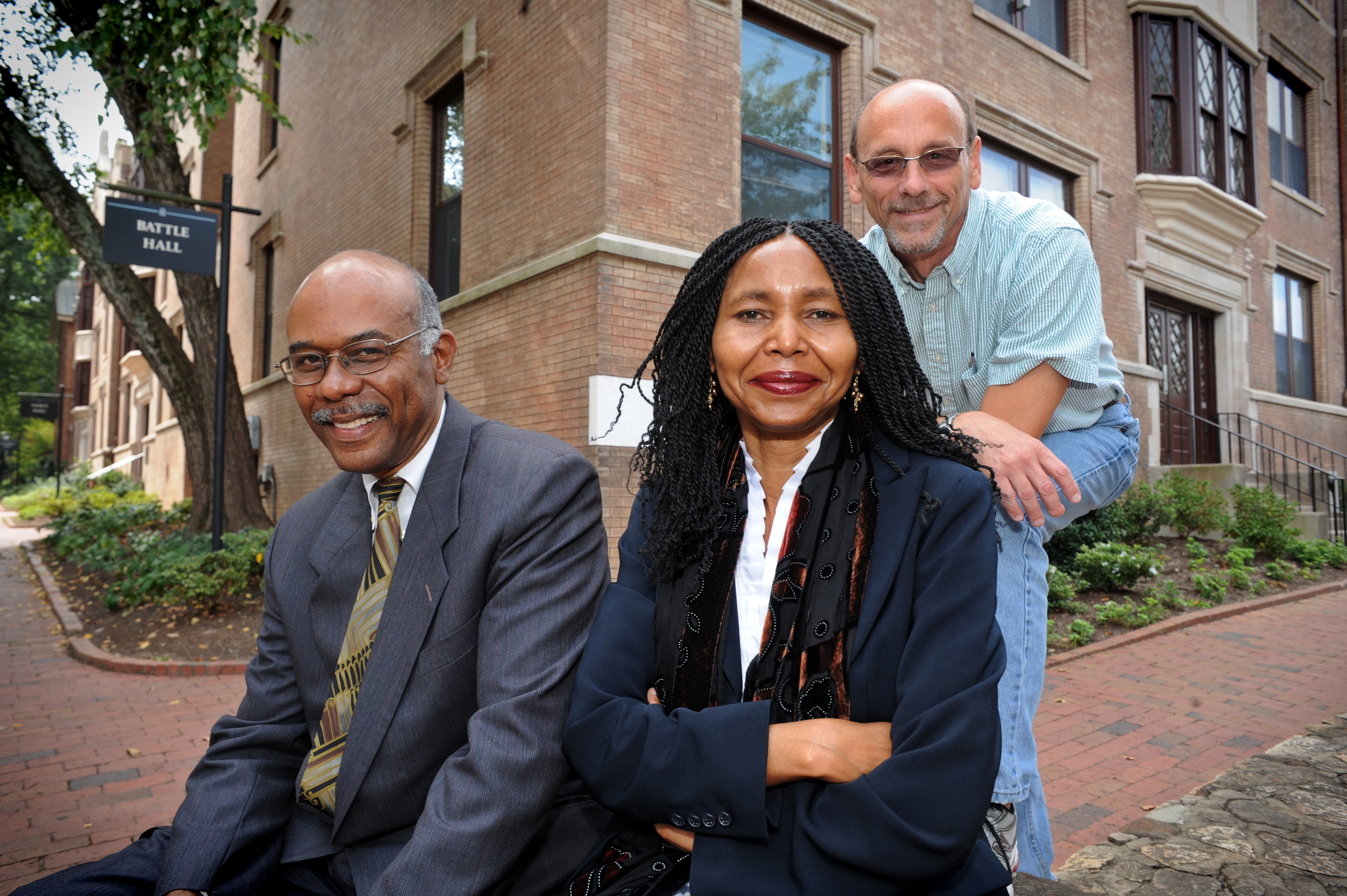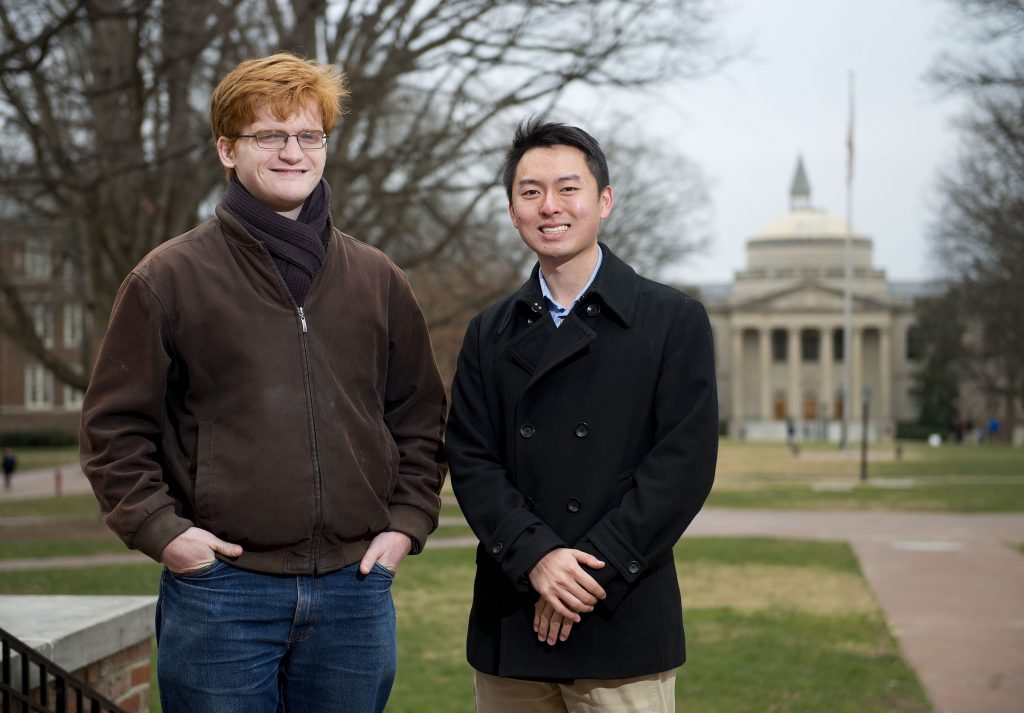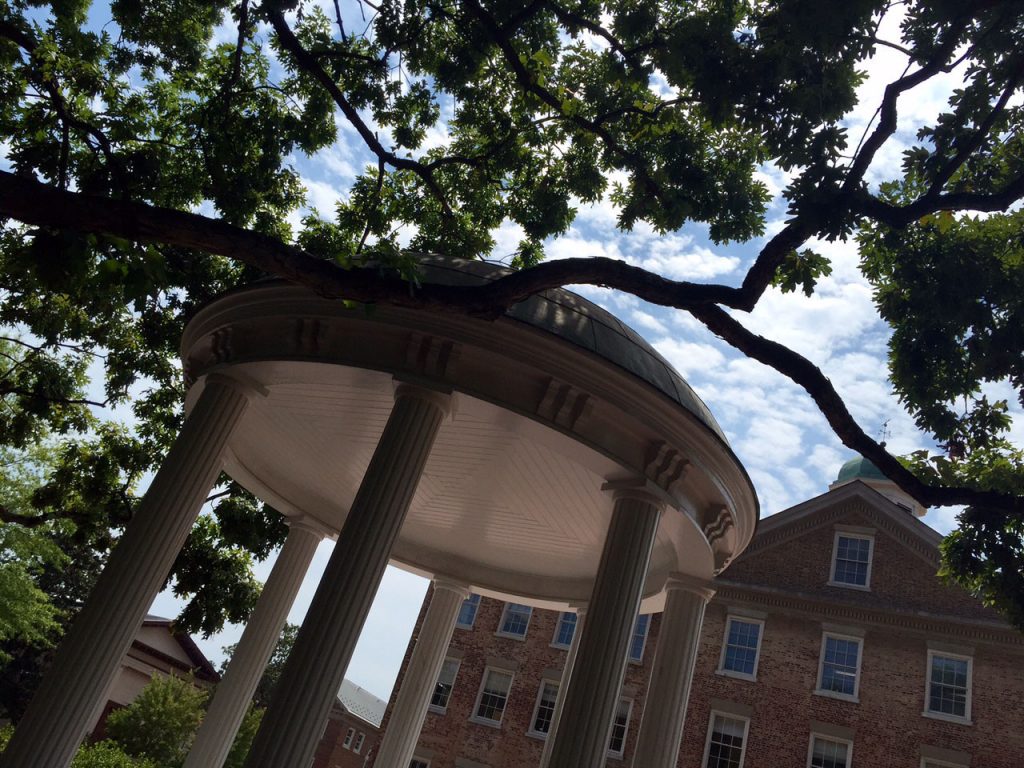
Professor Eunice Sahle’s first love is teaching. A recipient of a 2011 Student Undergraduate Teaching Award, she is known for encouraging independent thought in the classroom.
Devoting time to her research on Africa’s political and economic development in the context of globalization runs a close second.
“I get very excited about teaching. When I’m on campus, that’s what I want to do,” Sahle says. “Come summer, I like to focus on my research and do fieldwork.”
Agreeing to take on additional administrative responsibilities as chair of the Department of African and Afro-American Studies was not a decision she made lightly.
Sahle, who assumed the post at the beginning of 2012, replaced a long-time chair who resigned and was forced to retire after being implicated in an internal investigation.
From the outset, Sahle was tasked with creating positive change in the department. She took over from Evelyne Huber, who began the reform process during her service as interim chair during the fall semester 2011.
“It took a lot of persuasion from Dean Jonathan Hartlyn [senior associate dean in the College of Arts and Sciences], but it was really the support of the faculty that made me decide to become chair,” she says.
Already, she has been influential in reshaping department policies and boosting faculty morale, although she is quick to point out that it has been a collective effort.
In fact, the shared departmental governance Sahle has instituted factored heavily into her decision. “I felt that if I did nothing else, I could establish a model of shared governance – and I’ve done that. We implemented it this spring,” she says.
Now, every faculty member in African and Afro-American studies is involved in some capacity on the various departmental committees, creating a sense of departmental ownership.
This is only the tip of the iceberg.
The department has adopted a new policies and procedures manual that outlines general operational policies as well as details about policies on exams and grading, core items that have to be in every syllabus and the new contract for independent studies courses, which is even stricter than the one approved by the College.
“Transparency is a key part of the changes,” says Kenneth Janken, director of undergraduate studies, honors coordinator and Summer School administrator.
The faculty has been extremely supportive of Sahle’s leadership.
“She signals loud and clear a restoration to what has been part of the tradition and identity and DNA of this department: a commitment to historical studies, human rights and ethics in the context of a globalizing world,” says Associate Professor Reginald Hildebrand, a recipient of a 2012 Tanner Award for Excellence in Undergraduate Teaching.
Beginning in fall 2013, the department expects to introduce a new curriculum reflecting the current status of the discipline of African studies and African American and Diaspora studies – and a new name.
The focus will be on understanding those fields in relation to each other and in relation to the rest of the United States, the western hemisphere and the world in the 21st century, Janken says.
With those changes, the department will become the Department of African, African American and Diaspora Studies. The new name reflects the breadth of scholarship and the ways it is interconnected.
The scope of accomplishment since Sahle took the department’s helm is impressive.
“And it has been done in the spirit of collegiality by people who are all focused on the same goals,” Hildebrand says. “It shows the kind of thinking and commitment we have and what our values are – and have always been.”
- Read a “Q and A” session with Sahle about how, with faculty support, she is reshaping the African and Afro-American studies department.
- Learn more from academicreview.unc.edu, created by UNC to keep the campus community informed about efforts to investigate and address academic irregularities discovered in 2011.
[ Story courtesy of unc.edu and The University Gazette ]



